
The gallery contains a collection of photographs published in issues of the SAMUDRA Report and the Yemaya Newsletter, as also other ICSF publications, workshops and meetings over the years. Also to be found are more general images of fishing and fishworkers in action across the world. There are about 10,000 photos from 64 countries. The photo database is searchable by caption, country and photographer. All images are free for download, though users are requested to credit the photos to ICSF and the respective photographer.
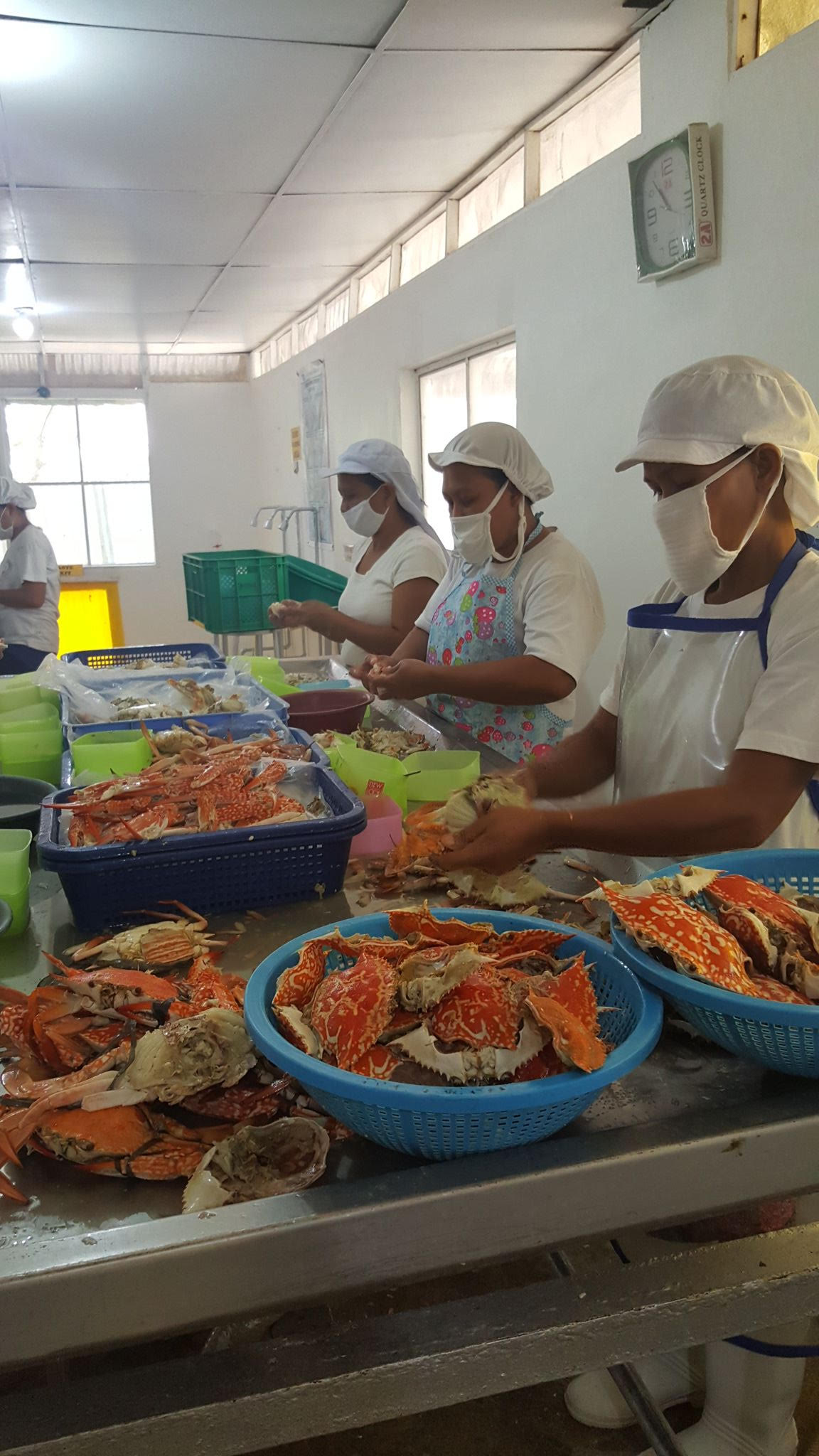
Women workers in a Blue swimming crab meat processing station in Bantayan, Cebu,Philippines. Women’s equal rights to development should be recognized and promoted.
Photo credit: Tambuyog Development Center
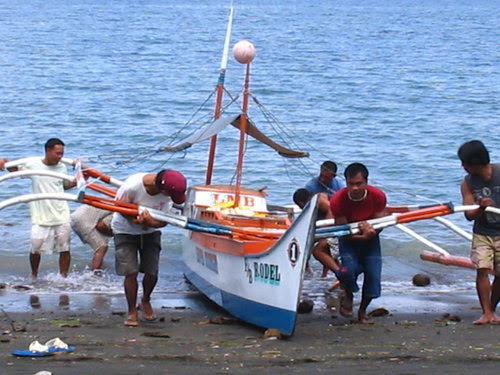
Fishers in Saranggani Province in Mindanao, Philippines. The municipal fisheries production system can be described as highly fragmented, with average catches of 5 kg per fishing trip.
Photo credit: Tambuyog Development Center
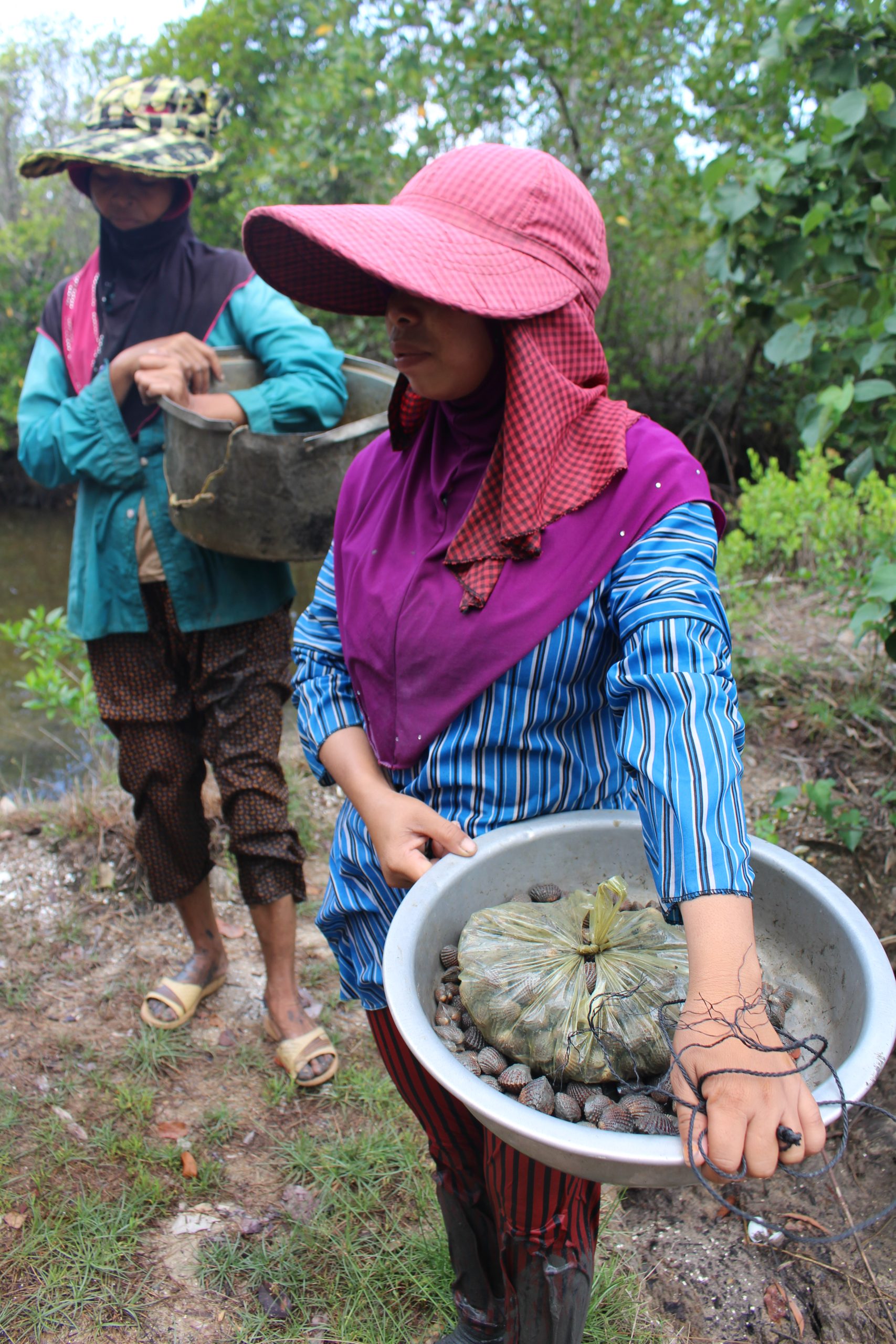
Villagers with blood cockles collected from the sea. Preynub’s success shows that empowered local communities can protect their resources and property.
Photo credit: UNDP
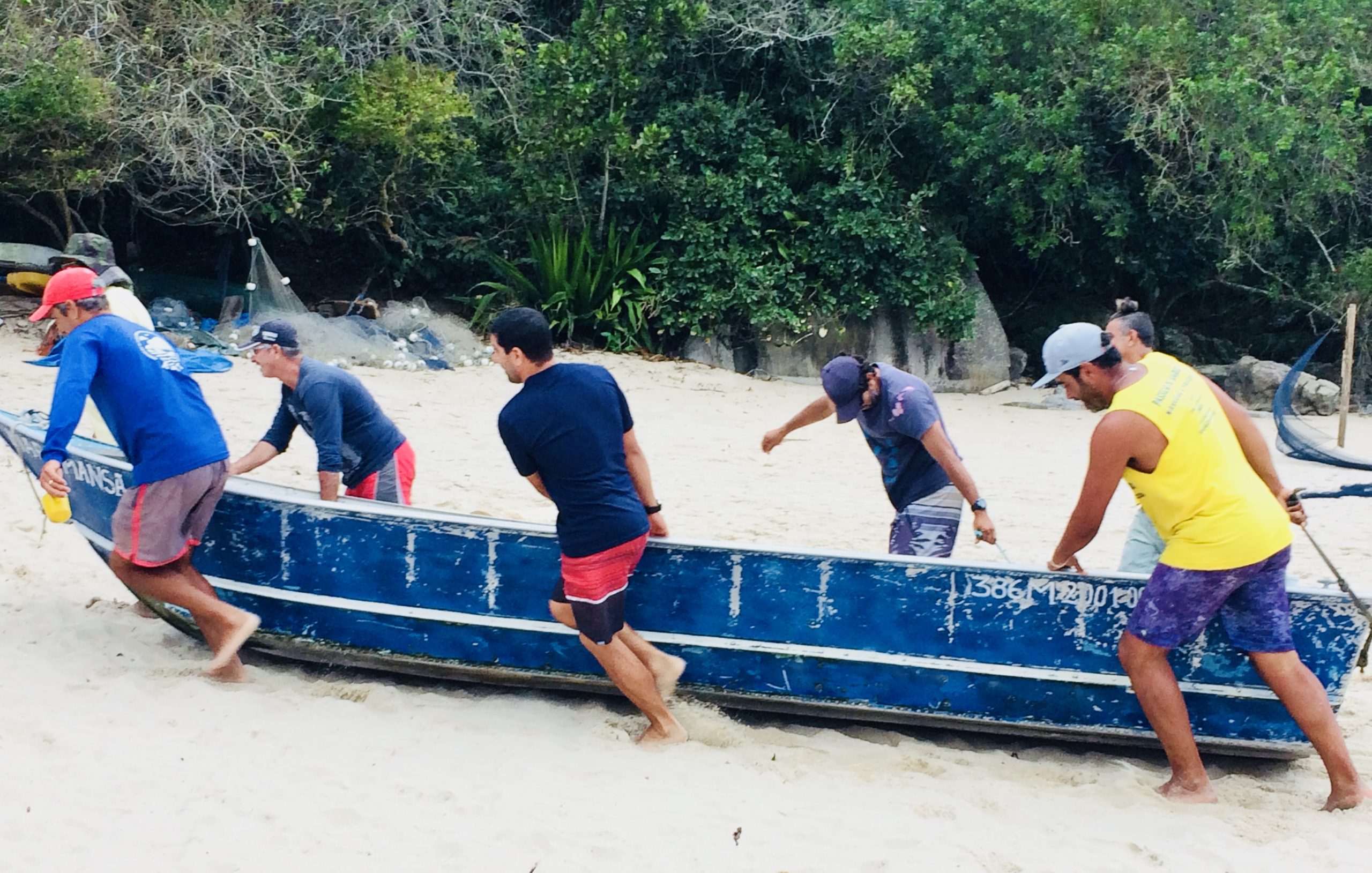
The efforts of ABAT fishermen and boatmen to ensure local access to marine traditional territories and to maintain their livelihoods in a restricted-use protected area are interesting.
Photo credit: Paula Chamy
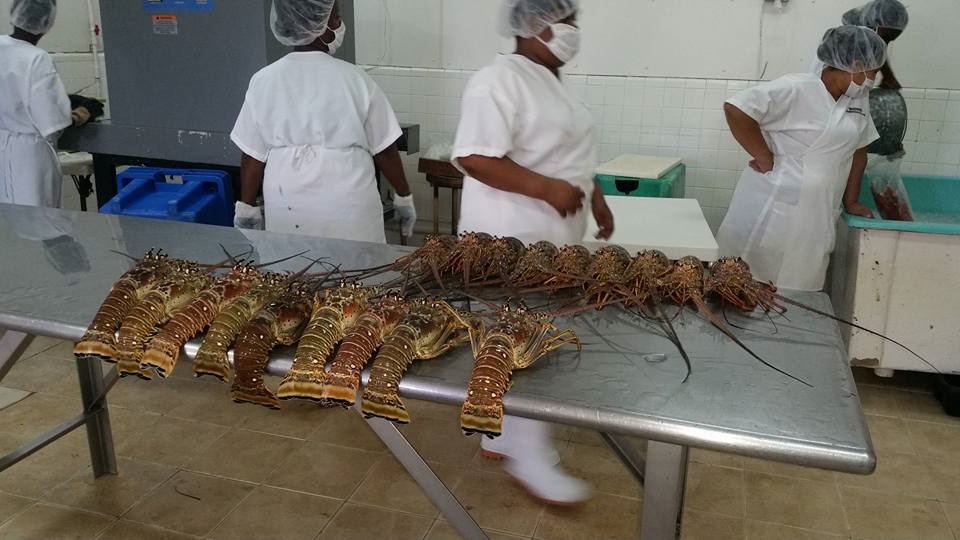
Lobsters in a fishing processing plant in Belize. Local fishers are accustomed to the fisheries regulations such as open and close seasons/size limits for lobster and conch.
Photo credit: Eden Leon
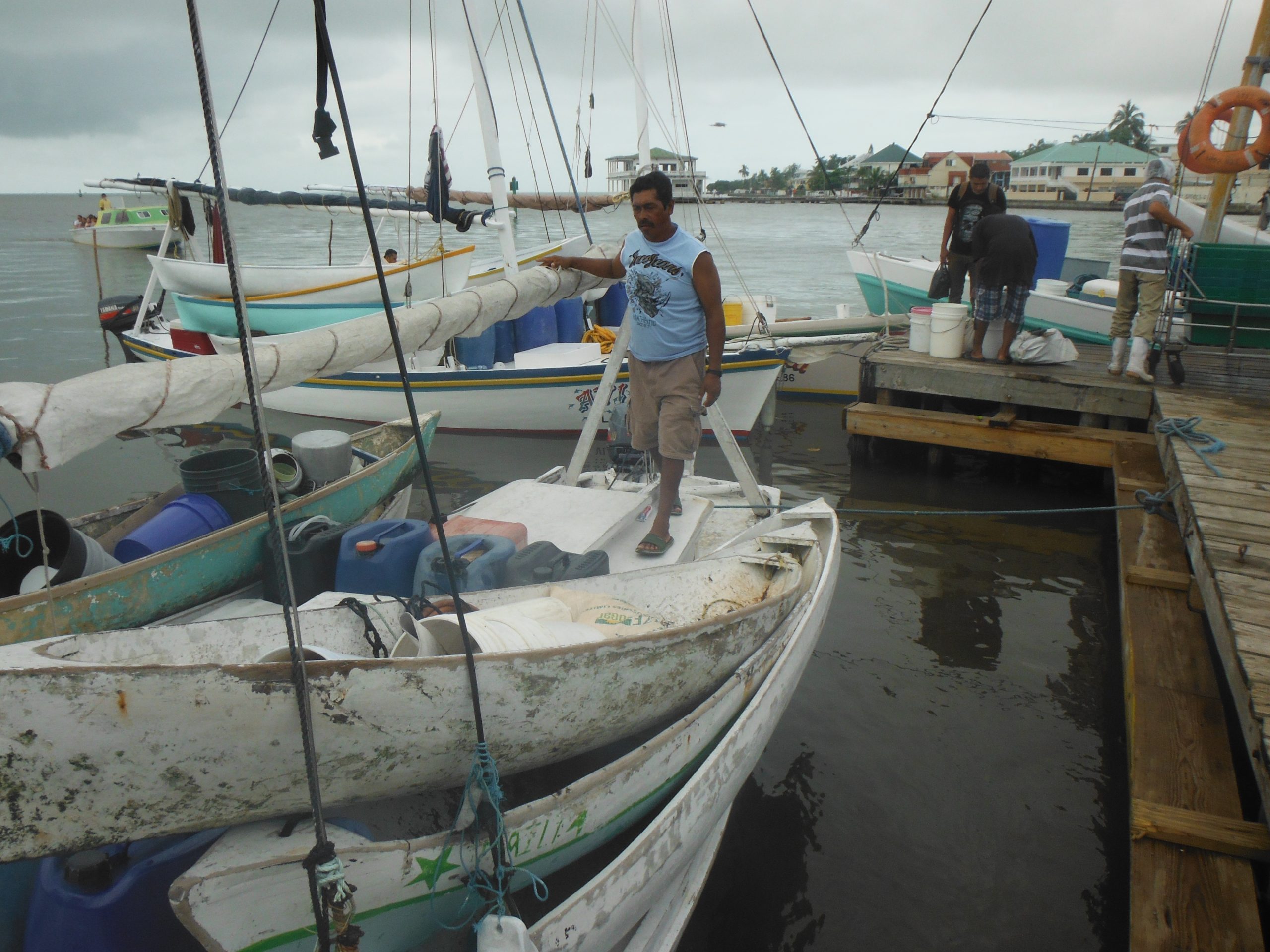
Sail boats docked at a fishing cooperative in Belize. The fishers want management that is fair, equitable, transparent and reliable, which includes meaningful community consultations.
Photo credit: Eden Leon
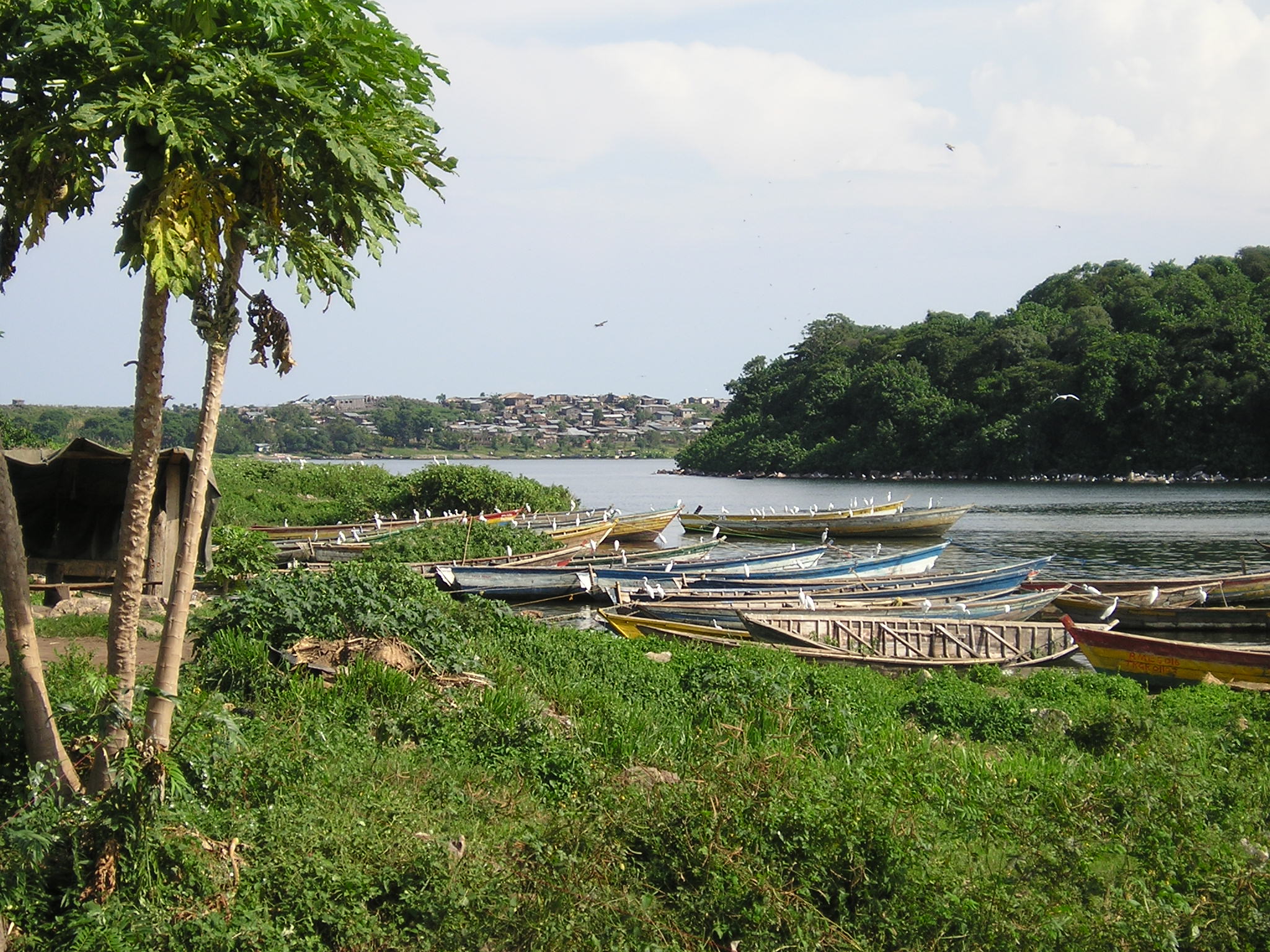
Boats parked up on island landing site. Employment relies upon good relations with the boatowner, as the owner must trust the crew with their boat and gears.
Photo credit: Fiona Nunan
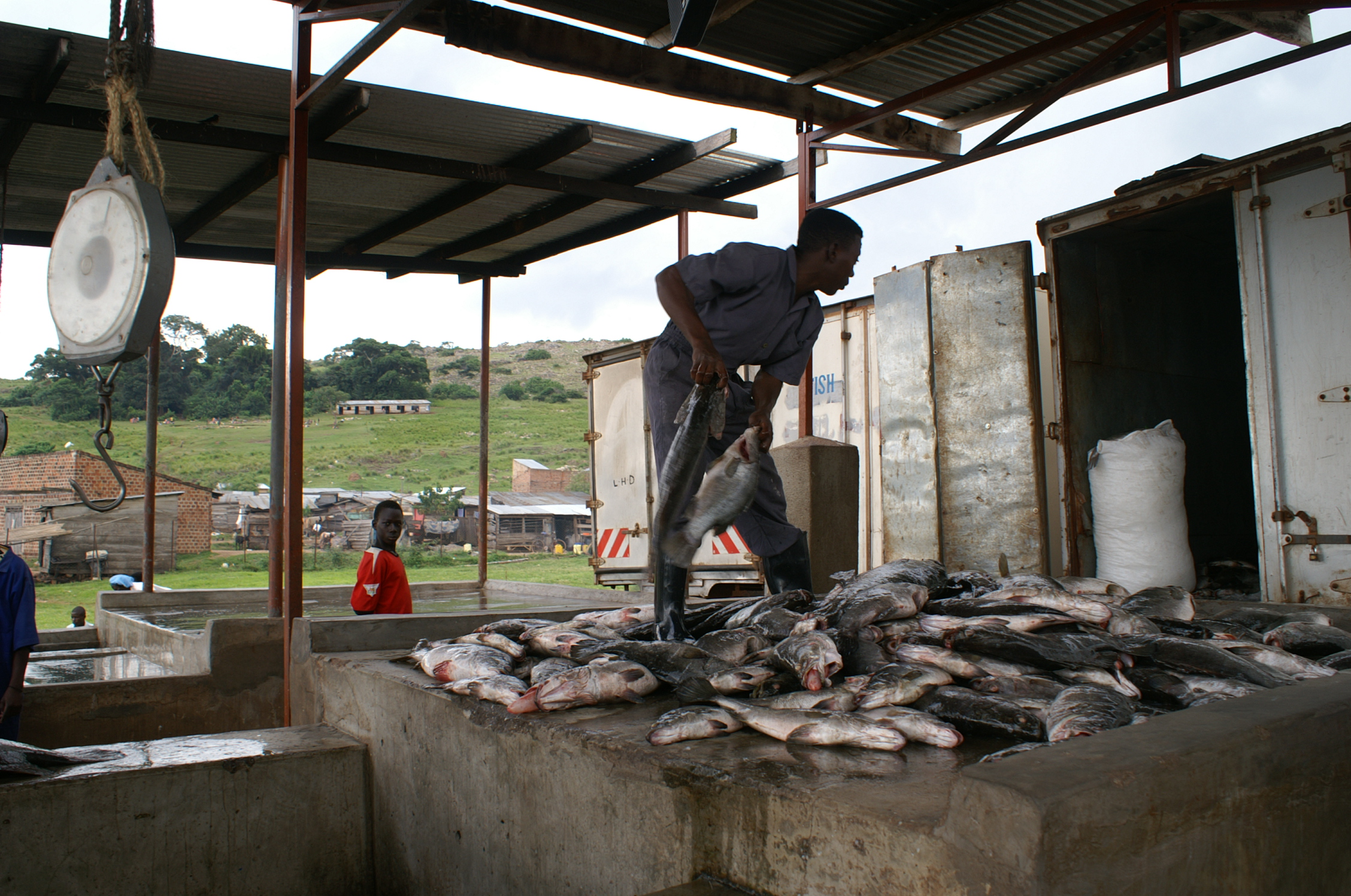
Sorting a catch of Nile perch. The credit is generally provided by fish agents, who provide credit to boatowners in exchange for a reliable and long-term supply of Nile perch.
Photo credit: Fiona Nunan
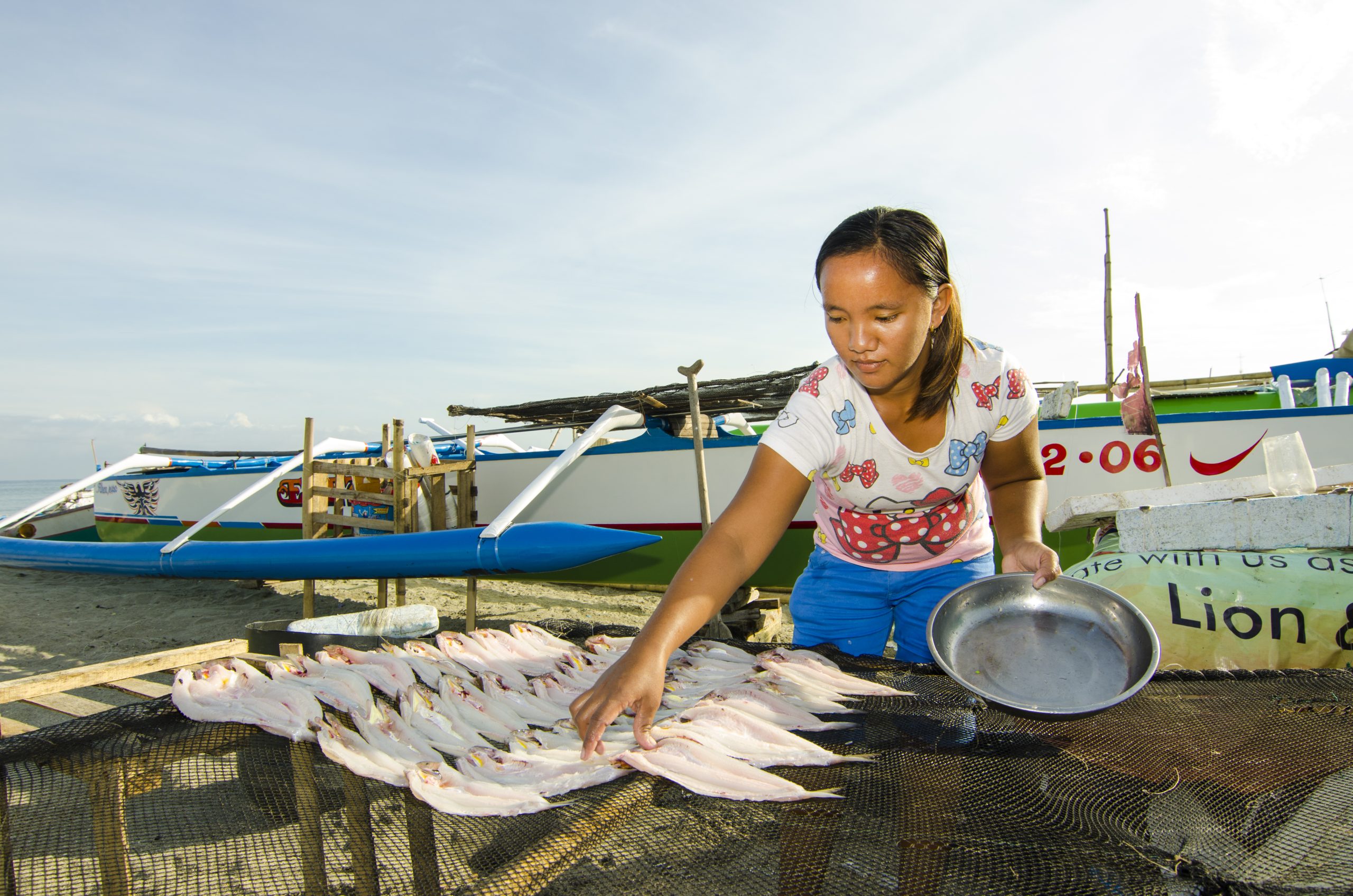
Drying fish to sell in San Fernando, Philippines. Secure community-scale marine resource governance regimes can produce positive social, cultural, economic and ecological outcomes.
Photo credit: Usaid Ecofish Project
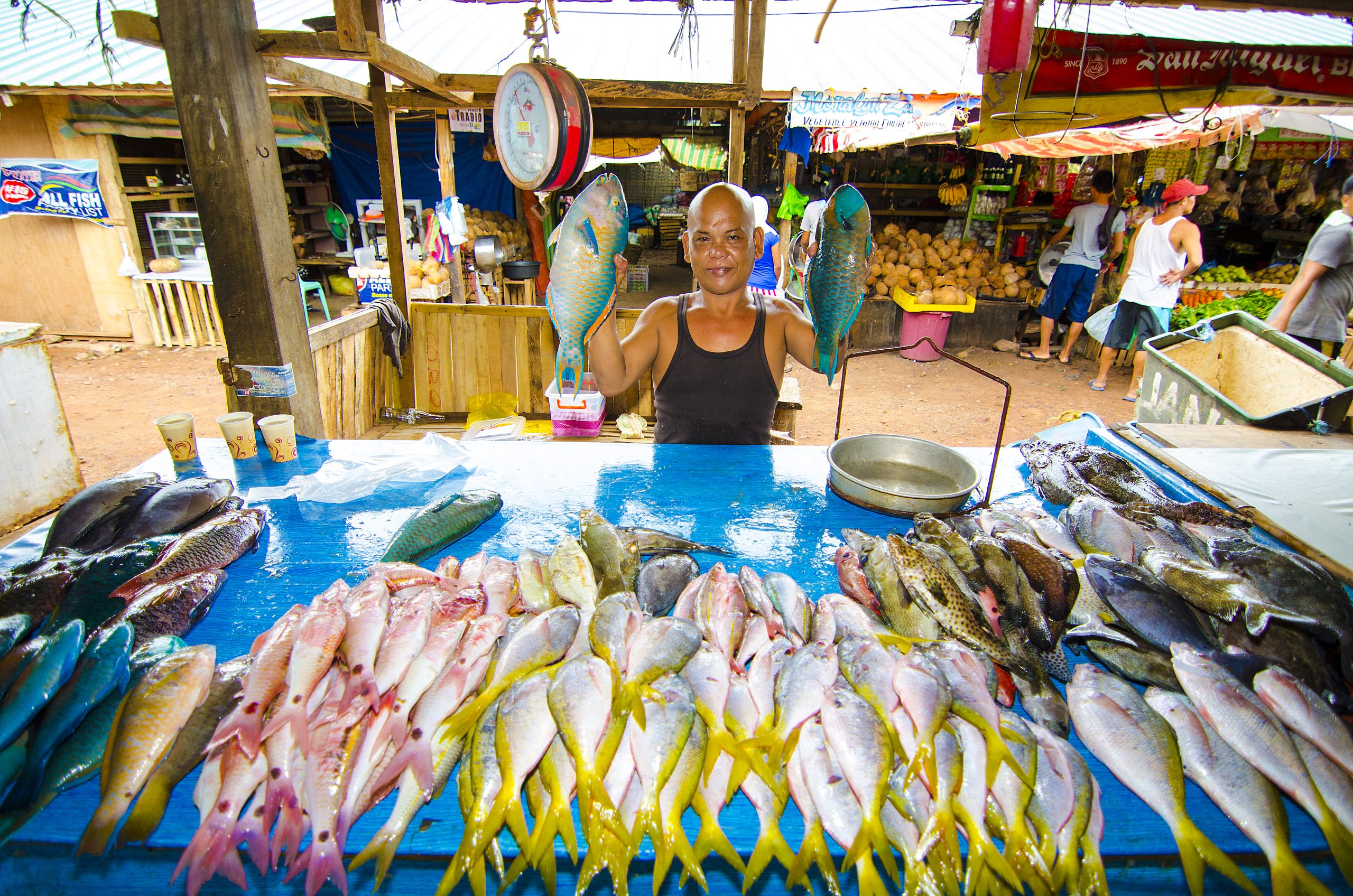
Selling of reef fish in Coron, Palawan, Philippines. Tenure systems are facing increasing stress from booming markets, growing consumption and population growth.
Photo credit: Usaid Ecofish Project
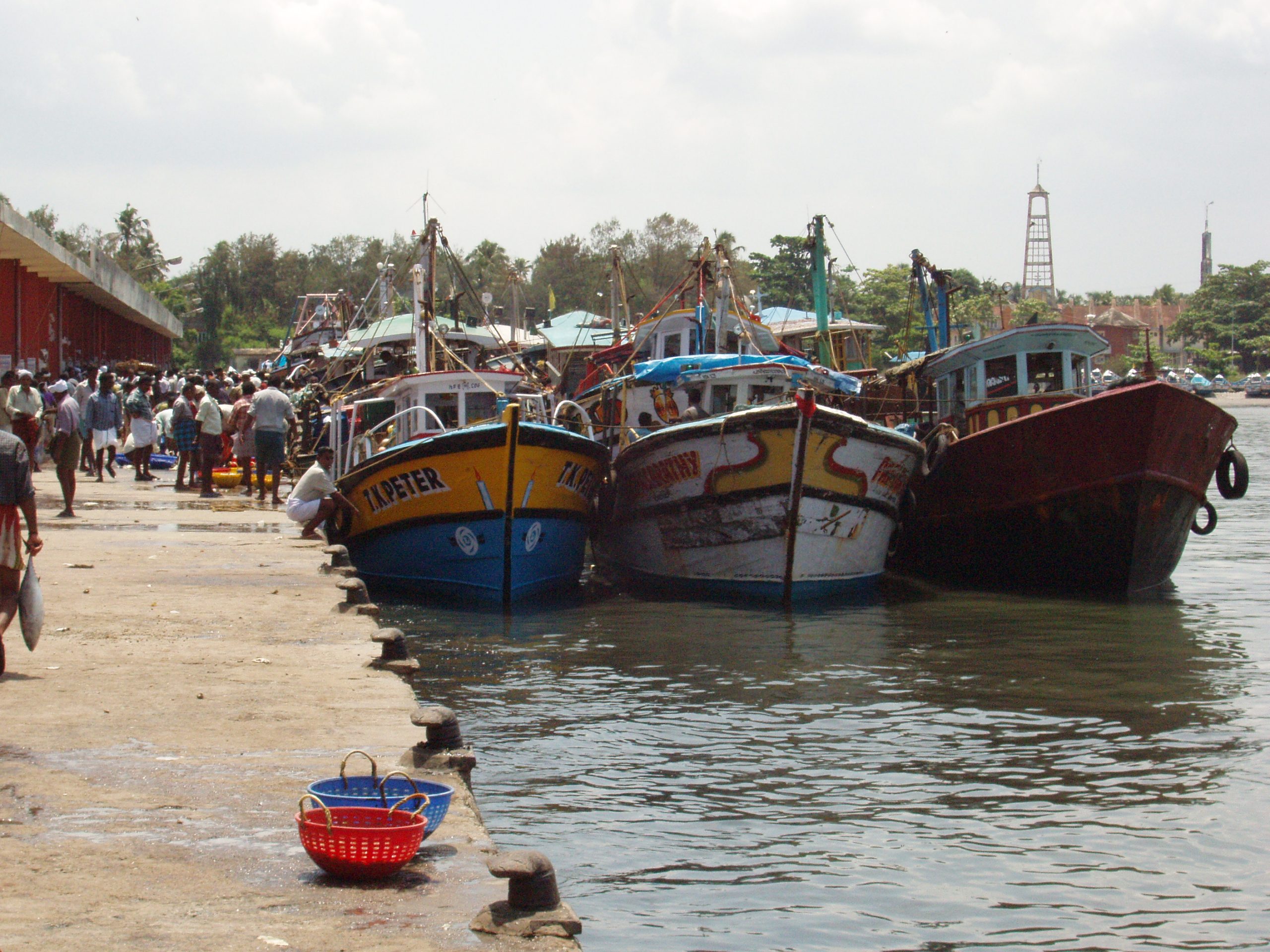
Trawlers at Neendakara fishing harbour, Kerala, India. Small-scale fishing people in the North, of course, enjoy the same human rights as their brothers and sisters in the global South, and they frequently refer to these rights as they criticize the government.
Photo credit: ICSF
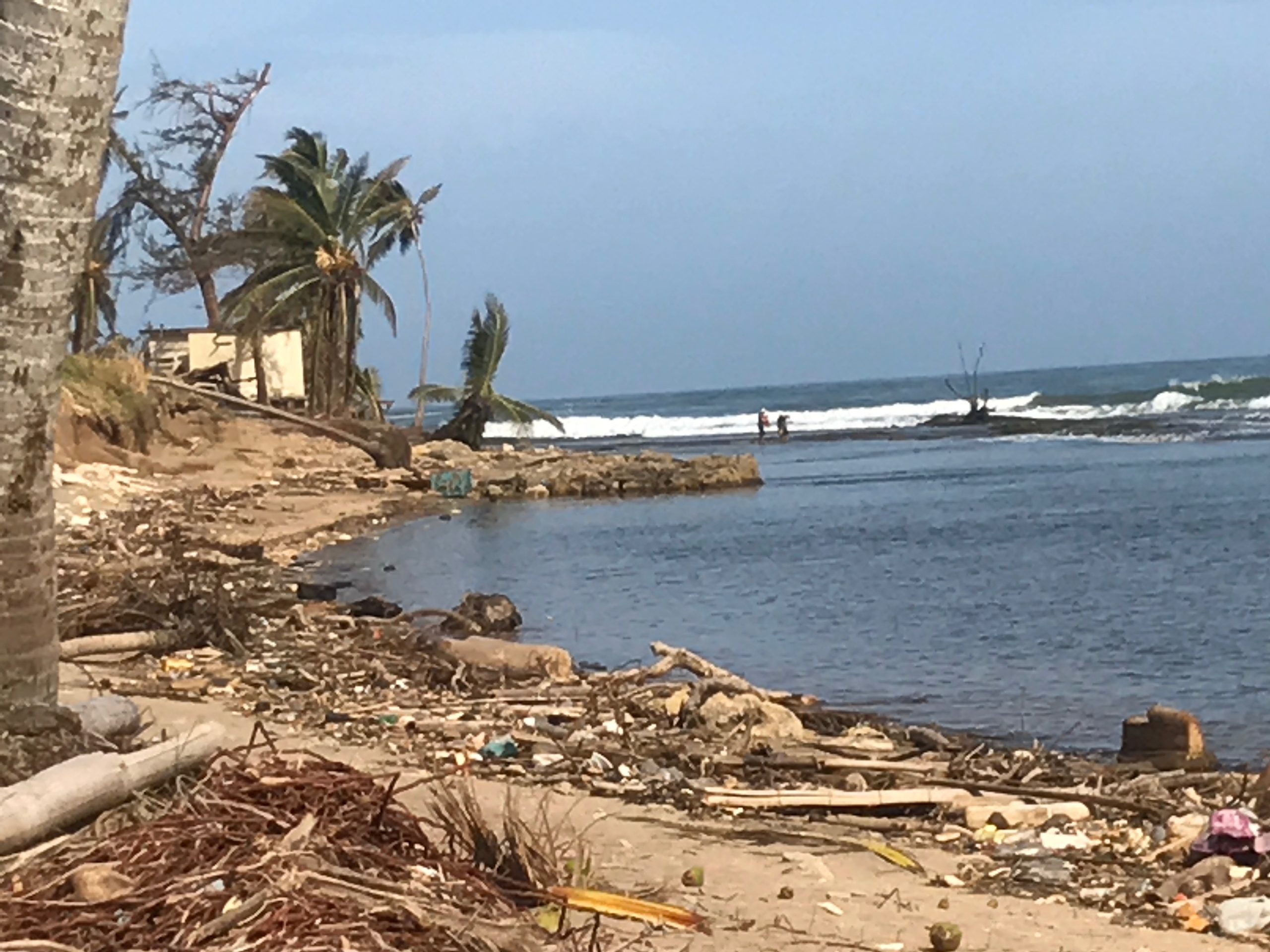
Shores have become inaccessible at Civico, Puerto Rico. With the municipality authorities proving ineffectual in clearing the debris left behind by the hurricane, fishermen have been unable to fish from shores.
Photo credit: Maria Suarez Toro
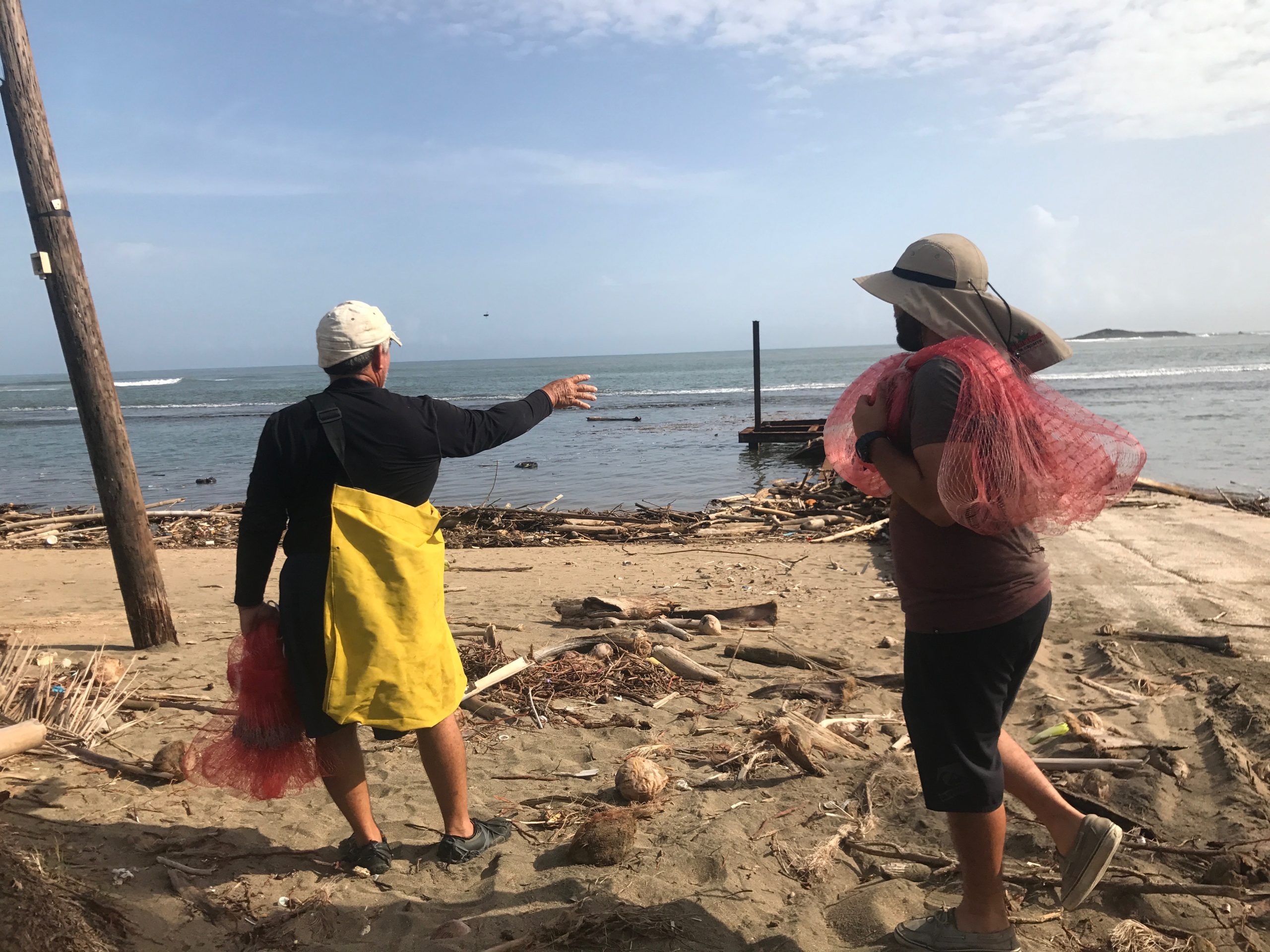
Fishers Musin Suarez and Fernando Maldonado at Cívico in the town of Vega Baja, northern coast of the Archipiélago of Puerto Rico. The coastal communities are presently assessing the post-María situation and the deteriorated conditions of the fisherfolk and their environment.
Photo credit: Maria Suarez Toro
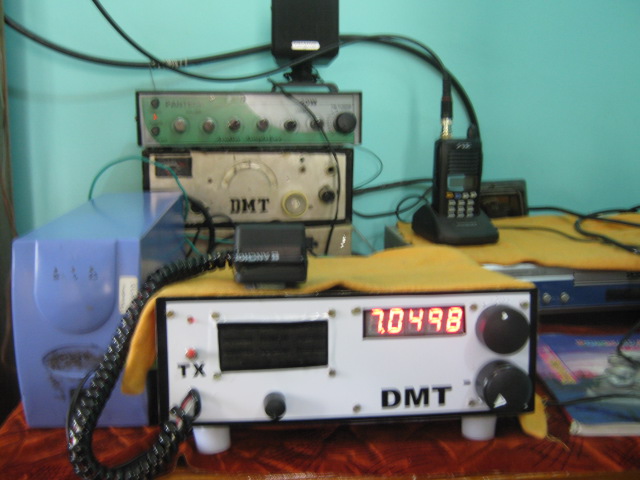
A HAM Radio used in emergency communications is an immensely useful tool for cost-effective dissemination of information.
Photo credit: K G Thara